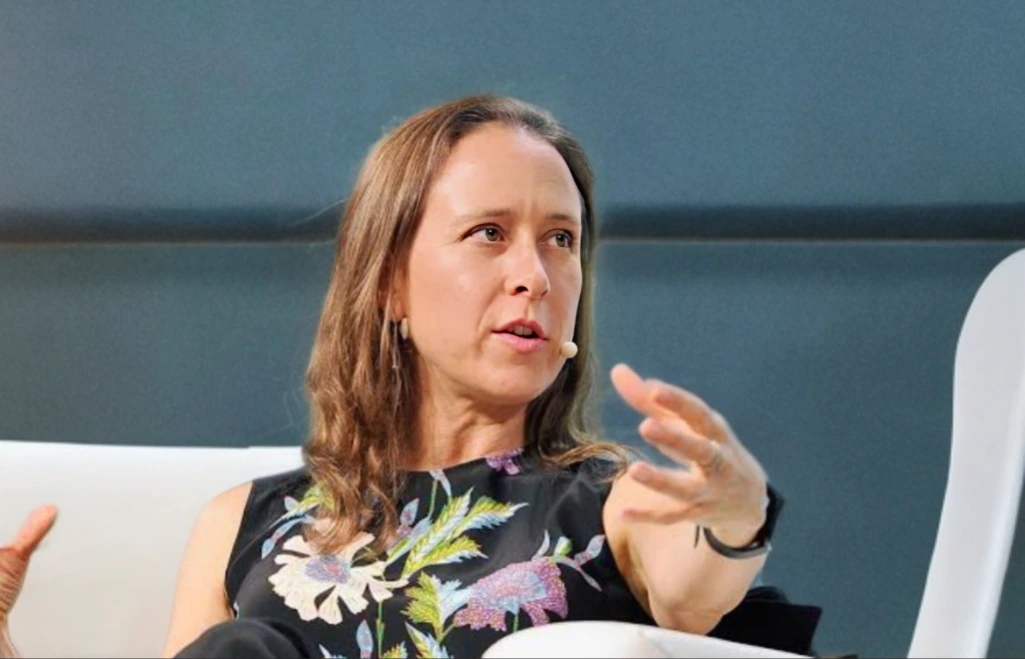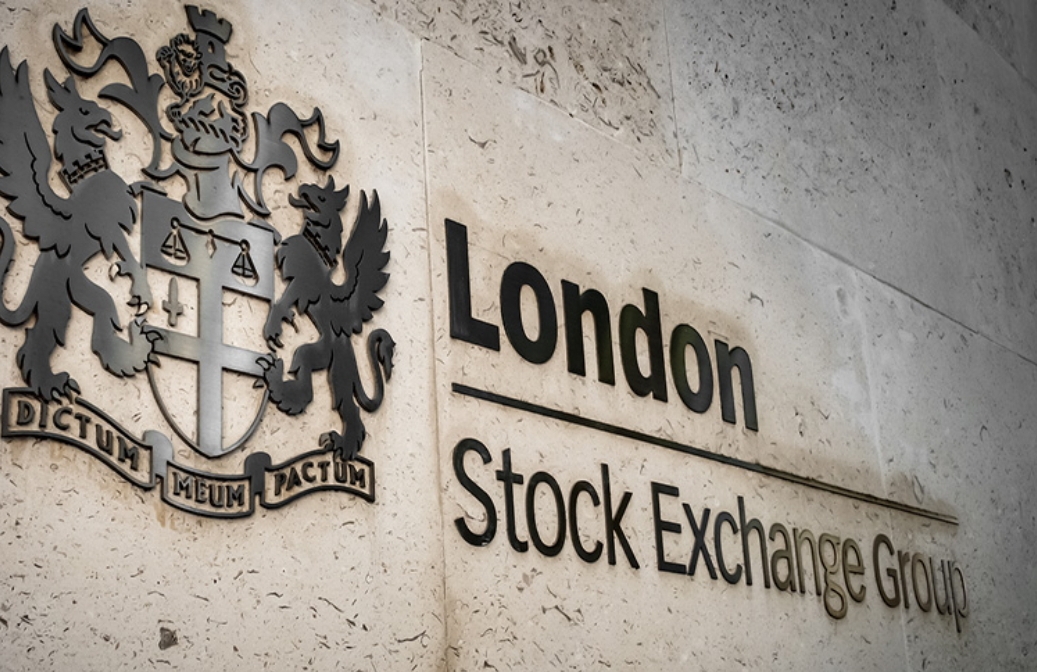The History of 23andMe: From Genetic Testing Pioneer to Financial Struggles
Founding and Early Vision
23andMe was established in 2006 by Anne Wojcicki, Linda Avey, and Paul Cusenza, driven by a mission to make genetic information available to everyone. Their aim was to empower people with insights into their ancestry, health risks, and possible genetic traits through direct-to-consumer (DTC) DNA testing.

Revolutionizing Consumer Genetics
In 2007, 23andMe introduced its first DNA testing kit, enabling users to send in saliva samples for genetic analysis. The company offered reports detailing ancestry composition, inherited traits, and predispositions to various health conditions. This groundbreaking approach positioned 23andMe as a leader in consumer genetics, earning accolades for making personal genomics a part of everyday life.
Regulatory Challenges and FDA Crackdown
By 2013, 23andMe encountered regulatory challenges when the U.S. Food and Drug Administration (FDA) instructed it to stop selling its health-related genetic tests. The FDA expressed concerns about the accuracy of the results and the risk of customers misinterpreting health risk assessments. In response, the company adjusted its offerings, concentrating on ancestry data while working to comply with FDA standards. By 2015, 23andMe had received FDA approval to once again provide health-related genetic reports, though with more stringent compliance measures in place.
DNA 23andMe News: Genetic Testing Giant Files for Bankruptcy Amid Data Privacy Concerns
Going Public and Financial Growth
In 2020, 23andMe made its public debut through a merger with a special purpose acquisition company (SPAC) associated with billionaire Richard Branson’s Virgin Group. At the time of the merger, the company was valued at $6 billion, showcasing strong investor confidence in the expanding consumer genomics market.
Declining Market Value and Financial Struggles
23andMe had a bright beginning, but things took a turn for the worse in the following years. The company’s stock, which was soaring at about $320 per share in early 2021, took a nosedive, plummeting to under $1 by 2024. Its market cap fell to a mere $50 million, a stark contrast to its peak valuation.
Data Breach and Legal Issues
In 2023, 23andMe faced a significant data breach that exposed the personal information of nearly 7 million users. This security failure raised serious concerns about the privacy of genetic data and drew the attention of regulators and privacy advocates alike. Lawsuits soon followed, further tarnishing the company’s reputation and financial health.
Leadership Changes and Bankruptcy

In early 2024, co-founder and CEO Anne Wojcicki announced her resignation but showed interest in buying the company as an independent bidder. After her exit, Joe Selsavage, the Chief Financial and Accounting Officer, took over as interim CEO.
DNA 23andMe News: Genetic Testing Giant Files for Bankruptcy Amid Data Privacy Concerns
As financial troubles escalated, 23andMe filed for Chapter 11 bankruptcy protection, citing a lack of demand for its DNA testing kits and the ongoing fallout from the data breach. The company managed to secure $35 million in financing to keep operations running during the sale process.

Future of 23andMe
The bankruptcy filing has sparked concerns about the future of the company’s extensive genetic database, with privacy advocates warning of potential risks if customer DNA information is handed over to new owners. The road ahead for 23andMe is uncertain as it works through financial restructuring and strives to rebuild consumer trust.
DNA 23andMe News: Genetic Testing Giant Files for Bankruptcy Amid Data Privacy Concerns










Leave a Reply